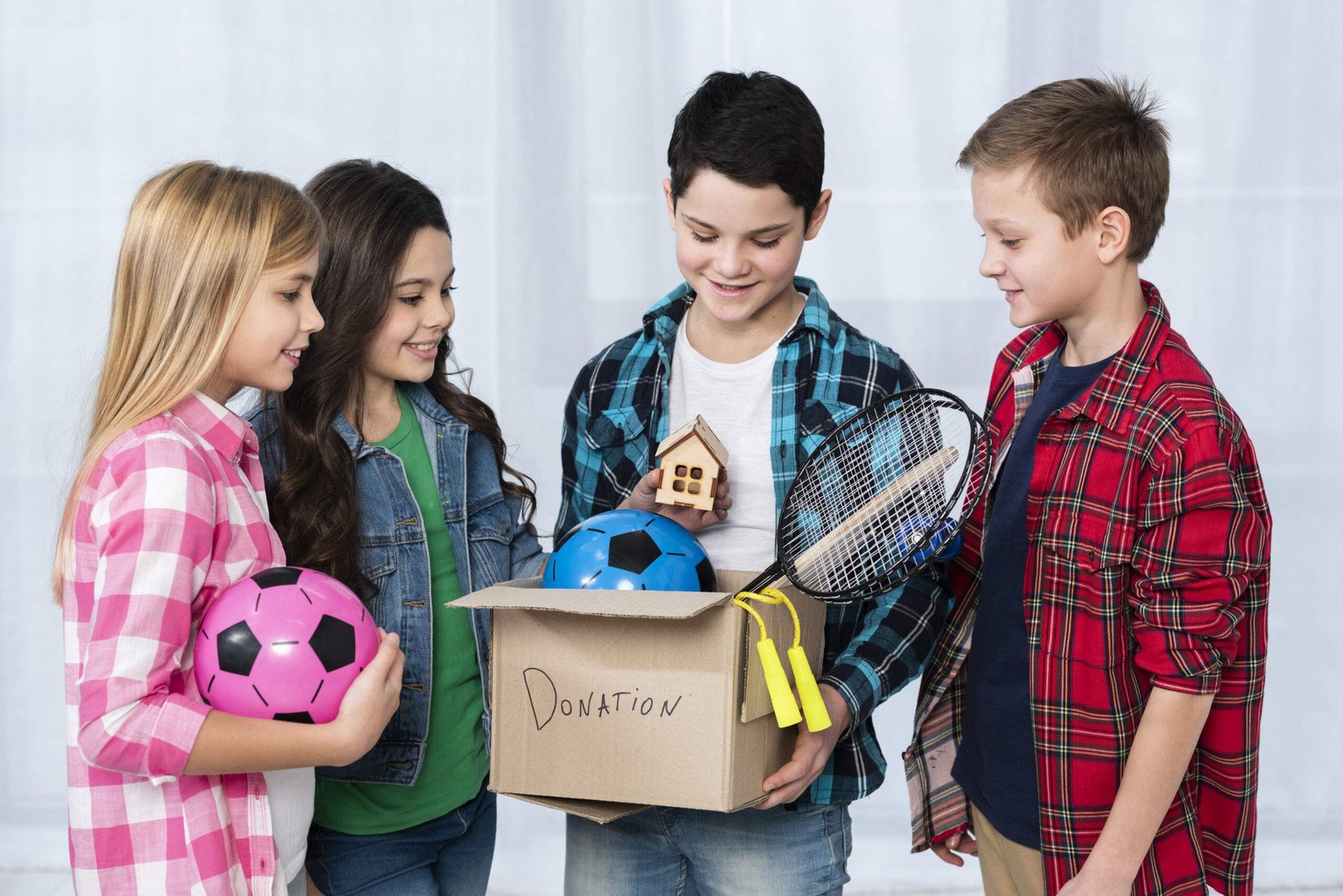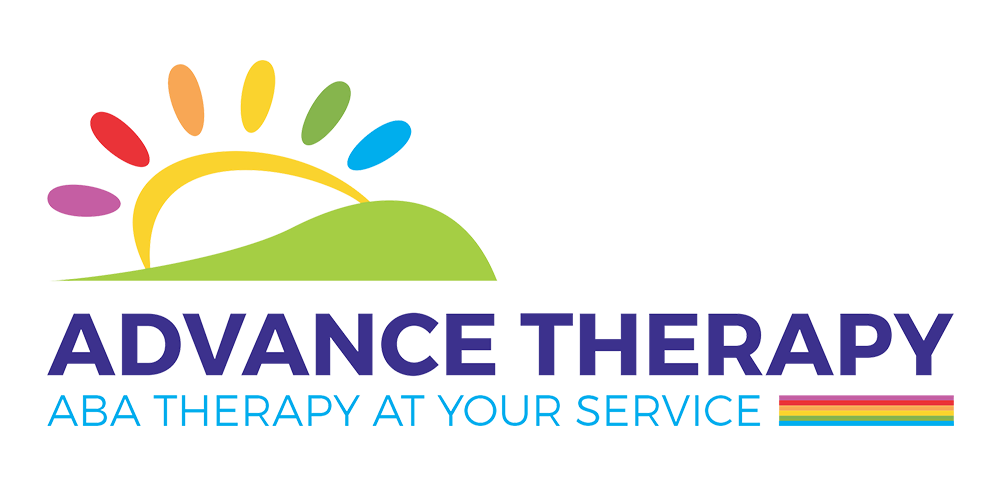
Understanding the Importance of Peer Play
For many children, making friends and joining play activities comes naturally. But for children with autism or social communication challenges, peer play can feel overwhelming or confusing. Applied Behavior Analysis (ABA) provides practical, evidence-based strategies to help children build the confidence and skills they need to interact successfully with others. With the right support, peer play can become a positive and meaningful part of a child’s life.
Why Peer Play Matters

Peer play is more than just fun—it’s a cornerstone of healthy development. Through playing with others, children learn to:
Share and take turns
Communicate needs and feelings
Understand social rules
Build empathy and problem-solving skills
When children are supported in these areas, they not only enjoy playtime more but also strengthen their long-term social and emotional development.
1. Start Small with Structured Activities
Unstructured play can feel intimidating at first. Begin with short, guided activities such as board games, block building, or simple crafts where rules are clear and interactions are predictable. This structure gives children a safe environment to practice social skills.
2. Use Modeling and Role-Play
Children often learn best by watching and copying. Parents, siblings, or therapists can demonstrate desired behaviors—like asking, “Can I play?”—and then encourage the child to practice. Role-playing at home helps prepare them for real-life peer interactions.
3. Reinforce Positive Social Behavior
ABA emphasizes the power of reinforcement. When a child makes eye contact, shares a toy, or joins in a game, acknowledge and reward the behavior. This could be with verbal praise, a high-five, or access to a favorite toy. Reinforcement motivates children to repeat positive interactions.
4. Teach Turn-Taking Skills
Taking turns is at the heart of most play. Practice this skill using visual aids (like a “my turn/your turn” card) or timers to help children understand when it’s their turn and when to wait. With time, this structure becomes internalized.
5. Gradually Increase Play Demands
Once children are comfortable with simple interactions, slowly increase the complexity—moving from parallel play (playing side by side) to cooperative play (working together toward a shared goal). Progress at the child’s pace to build confidence and reduce frustration.
6. Set Up Playdates with Support
Arrange short playdates with supportive peers who are patient and understanding. Prepare activities in advance to minimize stress and create opportunities for success. Parents or therapists can gently guide the interactions while allowing natural social exchanges to happen.

Tips for Parents and Caregivers
Celebrate Small Wins
Every step forward—no matter how minor—deserves recognition. A child making eye contact, offering a toy, or even sitting near peers during play can be a huge accomplishment. Celebrate these moments with praise or encouragement, as they motivate your child to keep practicing. Remember, confidence grows gradually through positive reinforcement.
Be Consistent Across Settings
Social skills are learned best when practiced in different environments. Encourage your child to use the same skills at home, in daycare, on the playground, or at a family gathering. Consistency helps children understand that social behaviors aren’t limited to therapy sessions—they’re valuable everywhere.
Collaborate with Teachers and Therapists
Children spend much of their time in school or daycare, making educators an essential part of the support system. Share your child’s ABA strategies with teachers and ask them to apply similar methods during class or group play. This teamwork ensures your child experiences a unified approach across home and school, leading to stronger, more lasting progress.
Stay Patient and Encouraging
Social development takes time—sometimes weeks, months, or even longer. Progress may not always be linear, and setbacks can happen. Patience, understanding, and a calm approach reassure your child that mistakes are part of learning. By maintaining a positive attitude, you show your child that growth happens step by step.
Conclusion
Helping a child gain confidence in peer play takes time, patience, and intentional strategies. By using ABA-based techniques like structured activities, modeling, reinforcement, and turn-taking practice, children can develop the social skills needed to connect with others and enjoy meaningful friendships.
At Advance Therapy, we believe every child has the potential to thrive socially with the right guidance. Our ABA therapy programs are designed to support not just individual skills, but also the joy of shared experiences.
